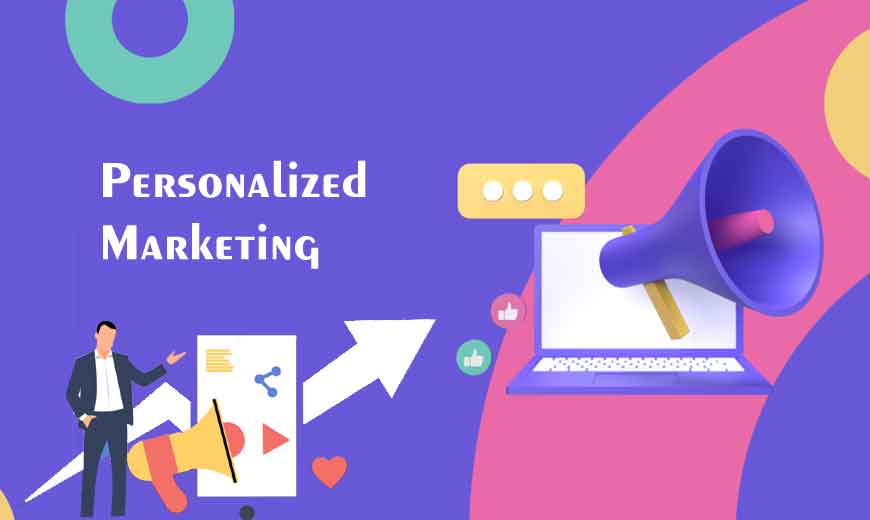What is Personalized Marketing
Introduction to Personalized Marketing
In today’s digital age, where consumers are inundated with countless advertisements and promotions, generic marketing strategies no longer suffice. Enter personalized marketing that aims to engage consumers on a more individual level.
What is Personalized Marketing?
Personalized marketing is a strategy that involves tailoring content, product recommendations and offers to individual customers based on their past behavior, preferences & demographics. It is about delivering the right message to the right person at the right time.
Importance
This is crucial because it allows businesses to forge deeper connections with their customers. By providing relevant and timely content, businesses can enhance customer satisfaction and loyalty.
Key Components
Data Collection
The foundation of personalized marketing lies in data collection. Businesses gather information about their customers through various channels such as website interactions, purchase history, social media activity and surveys.
Customer Segmentation
Once data is collected, businesses segment their audience into small groups based on shared characteristics such as age, location, interests and buying behavior. This segmentation allows for more targeted marketing campaigns.
Content Personalization
With customer segments identified, businesses can create customized content that resonates with each group. This could include personalized emails, product recommendations, website experiences and targeted ads.
Feedback and Adaptation
This is an iterative process. Businesses continuously gather feedback from customers and analyze the data to refine their strategies and improve the overall customer experience.
Benefits of Personalized Marketing
- Personalized marketing leads to a more personalized customer experience, making customers feel valued and understood by the brand.
- By delivering relevant content, it encourages customers to interact with the brand, leading to higher engagement levels.
- When customers receive offers that are tailored to their needs and interests, they are more likely to make a purchase, leading to higher conversion rates.
-
Personalized marketing builds customer loyalty by creating long-lasting relationships based on trust as well as satisfaction.
How to Implement Personalized Marketing
Utilize Customer Data Wisely: Businesses should collect and analyze data responsibly, ensuring compliance with privacy regulations and respecting customer preferences.
Segment Your Audience: Segmentation allows businesses to target specific customer groups with relevant messaging, increasing the effectiveness of marketing efforts.
Create Tailored Content: Customized content resonates with customers and encourages them to take action, whether it’s making a purchase or engaging with the brand.
Implement Automation Tools: Automation tools help streamline personalized marketing efforts, allowing businesses to deliver timely messages at scale.
Examples of Successful Personalized Marketing
Amazon: Amazon uses personalized recommendations based on past purchases and browsing history to suggest products that customers are likely to buy.
Netflix: Netflix analyzes viewing habits to recommend movies and TV shows tailored to each user’s preferences, keeping them engaged and subscribed.
Spotify: Spotify creates personalized playlists for users based on their listening history and music preferences, enhancing the music streaming experience.
Challenges and Solutions in Personalized Marketing
Privacy Concerns: Businesses must be transparent about how they collect and use customer data, addressing privacy concerns and building trust with consumers.
Data Security: Protecting customer data from breaches and unauthorized access is essential to maintaining customer trust and loyalty.
Overpersonalization: There’s a fine line between personalization and intrusion. Businesses should avoid overpersonalization and respect customer boundaries.
Conclusion
It’s a powerful strategy for businesses looking to connect with customers on a deeper level. By understanding their audience, utilizing data effectively, and delivering tailored experiences, businesses can drive engagement, loyalty, and ultimately, revenue.
Author

